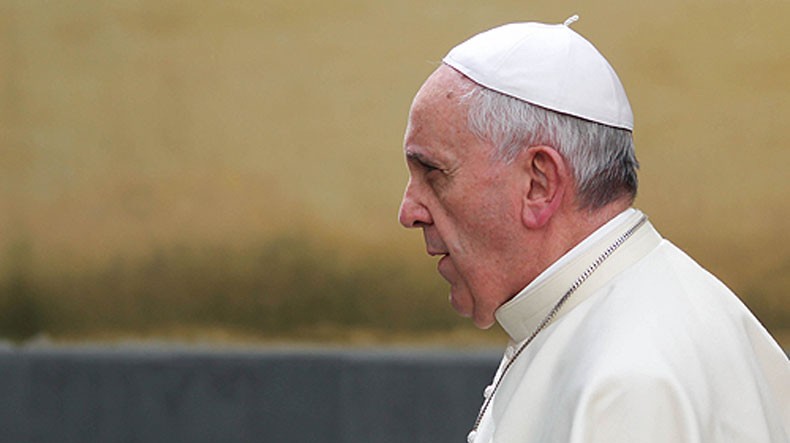
Why Pope Francis' visit matters to Armenians
Pope Francis’ visit to Armenia this summer comes at a poignant time in the country’s history, writes the Catholic News Agency.
The Holy Father’s June 24-26 visit comes just after the close of the 100-year anniversary of the Armenian Genocide and during the Year of Mercy, a significance not lost on the Armenian people, said Mikayel Minasyan, Armenian Ambassador to the Holy See.
The Armenian people have learned to be strong because of their history, Minasyan said, referring to the genocide that occurred at the hands of the Ottoman empire during and after World War I and which left as many as 1.5 million Armenians dead.
“It’s strong to remember their own history, it’s strong to understand their own history, it’s strong to accept their own history,” he said of his people.
The centenary anniversary has been a time to recognize the healing and progress that has been made, he added.
“The Armenians made the whole world see what it is to overcome an injustice. They gave the possibility to the world to understand what a genocide is, what the denial of a genocide is. Let’s not forget that the term ‘genocide’ was created above all based on the study of the Armenian genocide.”
The ambassador also said the year has been a time to recognize everyone who has supported the Armenians and raised awareness of the genocide, including Pope Francis, who has recognized the genocide as religiously motivated.
“We are also very grateful, very grateful to the people from the smallest to the greatest, from Pope
Francis, who did something historic celebrating Mass for the Armenian martyrs April 12,” Minasyan said.
“Certainly Pope Francis made one of the most fundamental steps in celebrating this Mass in St. Peter’s inviting the hierarchy of the Apostolic Armenian Church and of the Armenian Catholic Church, and proclaiming St. Gregory of Narek as a doctor of the Universal Church,” he added.
The Pope has kept strong ties with the Armenian community since his time as Archbishop of Buenos Aires. A large portion of Armenians immigrated to Argentina following the deportations and killings of World War I, and today the country has one of the largest populations of Armenians in the world.
The Armenian people are “full of joy” that Pope Francis is coming, the ambassador said.
“...the Armenian people are waiting with a great excitement to manifest their own remembrance. Pope Francis is going to Armenia to fulfill this visit in full respect and love for the Armenian people and for their history. And also the recognition of what the Armenian Republic represents now in that region,” he said.
“The fact that His Holiness goes to Armenia in the Year of Mercy is also another fact that we appreciate a lot,” Minasyan told the Catholic News Agency.
The Holy Father’s recognition and remembrance of the Armenian genocide is especially meaningful amid ongoing denials of the event or denial of responsibility for the event on the part of some Turkish politicians and other political leaders.
“We are not closing this year, turning a page. We are opening another book and this new book is titled ‘The fight against denialism,’ and it is yet to be seen.”
While most people no longer deny the Armenian genocide, “the politicians do,” Minasyan said. “In private they say yes, but in public, for political reasons, they deny it. Political denial is the most hideous denial that there is.”
Newsfeed
Videos






























